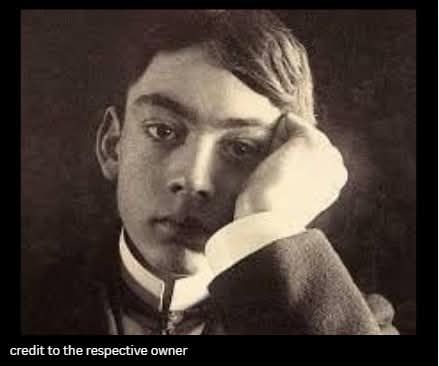In 1895, a 12-year-old boy arrived in Boston, wearing worn-out shoes and speaking little English. He came from the mountains of Lebanon with his mother, two sisters, and a half-brother—searching for hope in a strange new land. Poor and grieving, he faced cruelty in school, mocked for his accent, dismissed as slow, and even called “filthy” because of his olive skin.
But his teachers saw something different. Quiet and observant, he expressed himself through sketches and a deep wisdom. He quickly learned English and developed a voice the world would one day recognize.
His name was Kahlil Gibran.
Loss clouded his youth—his half-brother, sister, and mother were claimed by illness. His sister’s work in a dress shop kept him in school. He never forgot their sacrifice. “The most beautiful word on the lips of mankind is the word ‘Mother,’” he said. His words about love grew from sorrow, gratitude, and understanding.
In 1923, The Prophet was born—a collection of poetic essays on love, freedom, joy, and pain. It became a worldwide sensation, translated into more than 100 languages, cherished at weddings and funerals, and admired by leaders and artists like Elvis, Lennon, and JFK.
He never shouted. He wrote.
“Out of suffering have emerged the strongest souls,” he said. “The most massive characters are seared with scars.”
From a boy once called unwanted came beauty that still touches hearts over a century later.
